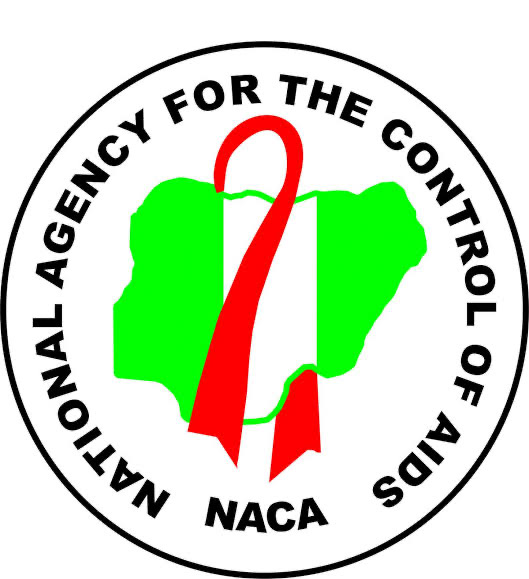The Director-General of the National Agency for the Control of AIDS (NACA), Dr. Temitope Ilori, says Nigeria has made significant progress and remains on course to meet the 2030 target of ending AIDS as a public health threat.
Ilori stated this on Tuesday in Abuja at a press conference ahead of the 2024 World AIDS Day (WAD), themed “Overcoming Disruption: Sustaining Nigeria’s HIV Response.”
World AIDS Day, commemorated every Dec. 1, raises awareness about HIV/AIDS, promotes global solidarity, reviews progress, and renews commitments toward ending the epidemic.
Ilori said Nigeria has already met two of the three global HIV targets set for 2030, reflecting major strides in prevention, testing, and treatment.
The UNAIDS 95–95–95 targets aim for 95 per cent of people living with HIV to know their status; 95 per cent of those diagnosed to receive sustained antiretroviral therapy; and 95 per cent of those on treatment to achieve viral suppression.
According to Ilori, Nigeria is “firmly on track” to achieve the goals.
“Over the past year, Nigeria has continued to record important achievements in its HIV response. We have maintained an impressive 87–98–95 performance toward the global targets,” she said.
She explained that 87 per cent of people living with HIV in Nigeria know their status; 98 per cent of those who know their status are on life-saving treatment; and 95 per cent of those on treatment have achieved viral suppression, meaning they cannot transmit the virus.
Ilori noted a 46 per cent decline in new HIV infections over the last decade, with more Nigerians living with HIV now enrolled and retained in care than ever before. However, she said prevention of mother-to-child transmission and paediatric treatment still require intensified attention.
She added that despite disruptions caused by the COVID-19 pandemic, economic strain, fluctuating donor support and shifts in global health financing, Nigeria’s HIV response has remained resilient.
“In 2024 alone, 204,201 individuals from key populations were actively receiving antiretroviral therapy, with strong viral suppression rates among those retained in care,” she said.
Ilori also highlighted growing domestic resource mobilisation, with several states increasing budgetary allocations and strengthening HIV Trust Funds.
She recalled that when global funding uncertainties threatened essential services, the Federal Government intervened by injecting $200 million to ensure uninterrupted HIV prevention, testing, treatment, and related services.
Despite the gains, Ilori said challenges persist, including stigma, discrimination, reliance on external funding, and limited access to services in hard-to-reach areas. She called for increased domestic financing, stronger multisectoral coordination, and sustained efforts to eliminate stigma.
Representing UNAIDS, Mr. Gabriel Undelikwo commended Nigeria’s commitment to strengthening national systems, enhancing local financing, and expanding access to treatment. He reaffirmed UNAIDS’ support toward achieving the 2030 target, stressing the importance of continued leadership, collaboration, and community empowerment.
Dr. Jay Samuels, Deputy Chief Executive Officer of Programmes at APIN Public Health Initiatives, also reaffirmed the organizations commitment to closing treatment gaps and supporting domestic resource mobilization.
“As the foremost indigenous NGO providing treatment for over 20 per cent of Nigeria’s persons living with HIV, we remain dedicated to ending the epidemic,” he said.
A representative of the World Health Organisation, Mr. Omoniyi Amos, emphasised the need for sustainable, locally led HIV programmes and the importance of tackling stigma, misinformation, and discrimination.
Dr. Martin Edun, Programme Manager for Non-Communicable Diseases and Programme Integration at the Institute of Human Virology Nigeria (IHVN), reaffirmed the organizations commitment to advancing scientific innovation, strengthening communities, and sustaining Nigeria’s HIV response.


